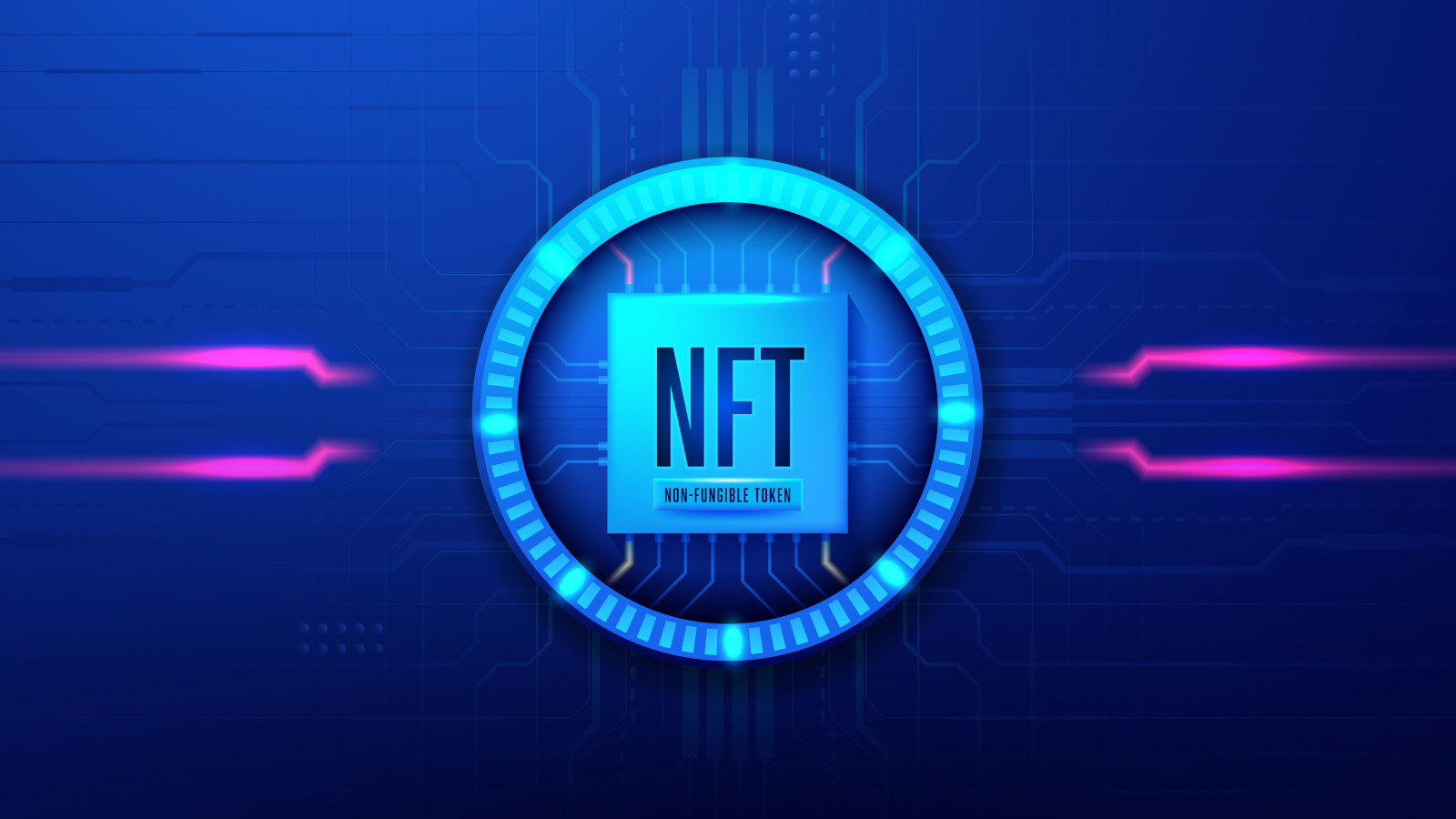
Why is Bitcoin Valuable? A Deep Dive into the World’s
Since its creation in 2009 by an unknown individual or group under the pseudonym Satoshi Nakamoto, Bitcoin has evolved from a niche digital experiment into a global financial phenomenon. What started as a whitepaper outlining a new form of decentralized currency is now a trillion-dollar market. The question many still ask, however, is: Why is Bitcoin valuable? Unlike traditional currencies backed by governments or physical commodities like gold, Bitcoin’s value proposition is based on technology, economics, social consensus, and utility. In this article, we’ll explore the key factors that drive Bitcoin’s value, from its decentralized nature and scarcity to its adoption as a store of value and medium of exchange.
Scarcity Bitcoin’s Built-in Supply Cap
One of the most critical factors contributing to Bitcoin’s value is its finite supply. Bitcoin has a hard-coded maximum supply of 21 million coins. This limit contrasts with fiat currencies, which governments can print in unlimited amounts, often leading to inflation and a devaluation of the currency.
This controlled scarcity creates a sense of digital gold, as there will only ever be 21 million Bitcoins, no matter how much demand increases. As we approach the maximum supply, with over 19 million Bitcoin already mined, this scarcity intensifies. Much like precious metals, the scarcity of Bitcoin makes it more desirable, especially among those looking for a hedge against inflation and a long-term store of value.
Decentralization and Security Trustless Systems
Bitcoin operates on a decentralized, peer-to-peer network where no single entity, government, or organization controls the network. Its decentralized structure ensures power is distributed globally across thousands of nodes rather than concentrated in any central authority.
This decentralization is powered by a robust security protocol known as Proof of Work (PoW), which requires miners to solve complex mathematical problems to validate transactions and secure the network. This system makes hacking or manipulating Bitcoin nearly impossible, reinforcing its value as a secure currency that doesn’t rely on intermediaries like banks.
Additionally, because Bitcoin transactions are recorded on a blockchain, they are immutable and transparent, meaning they cannot be altered once a transaction is confirmed. This creates a trustless system where users can transact without trusting one another or a third party.
Store of Value Digital Gold Narrative
One of the most compelling reasons for Bitcoin’s value lies in its emerging role as a “store of value,” a status previously reserved for precious metals like gold. A store of value refers to an asset that can retain its value over time without depreciating. As people lose trust in traditional financial systems, especially during economic uncertainty or inflation, Bitcoin is increasingly viewed as a haven for wealth.
Over the past decade, Bitcoin has shown resilience, recovering from price drops and demonstrating significant long-term growth. Bitcoin has become famous for preserving wealth amid hyperinflation and currency devaluation in many countries with unstable economies, such as Venezuela and Argentina.
Furthermore, institutional investors have taken note of Bitcoin’s potential as a store of value. Companies like Tesla, MicroStrategy, and Square have added Bitcoin to their balance sheets, further legitimizing the idea that it is a hedge against economic instability and fiat currency depreciation.
Network Effect Growing Adoption and Usage
Bitcoin’s value is also driven by its growing network of users. The network effect, a concept in economics where the value of a product increases as more people use it, is at play here. The more people adopt Bitcoin, the more valuable it becomes in terms of usage and investment potential.
Initially, tech enthusiasts primarily used Bitcoin, but its reach has expanded dramatically. Today, Bitcoin is accepted as payment by numerous merchants, including major companies like Overstock, Microsoft, and PayPal. Bitcoin ATMs are popping up worldwide, making it easier for people to buy and sell Bitcoin.
Moreover, Bitcoin is the base currency for most other cryptocurrencies, and its influence on the broader cryptocurrency market cannot be overstated. As Bitcoin adoption continues to grow globally, it becomes increasingly ingrained in the financial ecosystem, driving up its demand and value.
Monetary Policy and Inflation Hedge
Bitcoin’s value is often compared to fiat currencies, which are subject to inflation. Governments continue to print more money, especially during times of economic crisis. With quantitative easing and stimulus measures taken by central banks worldwide, many investors have turned to Bitcoin as a hedge against the devaluation of fiat currencies.
Bitcoin’s fixed supply makes it immune to inflationary pressures. Unlike fiat currencies, where governments can increase the money supply and reduce purchasing power, Bitcoin’s supply remains capped. This characteristic makes it particularly attractive in times of high inflation, such as the period following. The COVID-19 pandemic, when many central banks printed unprecedented amounts of money.
As inflation eats away at the value of savings held in fiat currency, Bitcoin presents an alternative that retains its purchasing power over time, similar to how gold has historically been viewed as a safeguard against inflation.
Censorship Resistance and Financial Sovereignty
Bitcoin’s decentralized nature offers another critical value proposition: censorship resistance. Traditional financial systems are prone to government controls and third-party intermediaries, which can freeze accounts or block transactions. Bitcoin eliminates these vulnerabilities, giving users complete control over their money.
This feature is precious in regions where governments control banking systems strictly. They restrict access to foreign currencies or engage in capital controls. Bitcoin allows individuals to move wealth across borders without interference or reliance on central authority.
In countries facing economic turmoil, such as Turkey or Lebanon. Where governments have imposed strict limits on withdrawing money, Bitcoin offers a viable alternative for safeguarding financial sovereignty. It provides the ability to store wealth independently and conduct transactions outside the purview of centralized entities.
Technological Innovation Blockchain’s Role
The technology that underpins Bitcoin—blockchain—adds another layer to its value. Blockchain is a distributed ledger that records all transactions across the Bitcoin network, ensuring transparency, security, and traceability.
The blockchain revolution has spurred numerous innovations beyond Bitcoin, influencing industries such as supply chain management, finance, healthcare, and more. The success of Bitcoin as the first blockchain-based cryptocurrency is highlighted. The potential for decentralized systems to disrupt traditional industries and financial institutions.
As blockchain technology becomes more widespread, Bitcoin’s first-mover advantage solidifies its role as the most well-known and trusted cryptocurrency. Its early adoption and continued development (like the implementation of the Lightning Network to speed up transactions). Finally, it demonstrates its adaptability and power in a rapidly changing technological landscape.
Global Macro and Geopolitical Factors
Global macroeconomic trends and geopolitical uncertainties also shape Bitcoin’s value. In times of crisis, such as during wars or financial collapses, people often turn to assets they perceive as safe. Due to its decentralized and borderless nature, Bitcoin can be more attractive than traditional. The assets are subject to government control or geopolitical risks.
Furthermore, as the world becomes increasingly digital, Bitcoin’s value as a digital currency aligns with broader technological trends. In an era where digital assets, digital banking, and fintech are on the rise, Bitcoin is positioned as a leader in the transition to decentralized finance (DeFi) systems. However, many believe that will play a significant role in the future of global finance.
Conclusion
Bitcoin’s value stems from scarcity, security, decentralization, and its role as a store of value and medium of exchange. While many still question its volatility, its adoption continues to grow, as does its potential. It cannot be ignored as a hedge against inflation and a form of financial sovereignty. As we look toward the future, Bitcoin’s value will likely continue to evolve. Technological innovations, economic shifts, and the global financial landscape influence them.
[sp_easyaccordion id=”2241″]






